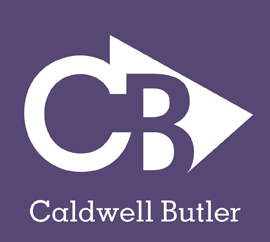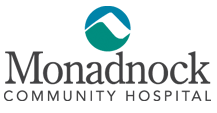

Since 1992, the State of New Hampshire and the state?s hospitals have engaged in what has been called ?an accounting sleight of hand? whereby the state taxed hospitals under something called the ?Medicare Enhancement Tax,? originally established to allow the state to qualify for federal matching funds. The state would immediately refund the taxes paid by state hospitals to keep up the illusion of raising money for Medicaid services. This practice, known as ?Medi-Scam,? ended in 2013, leaving hospitals with a large tax burden they were unaccustomed to paying. This change in New Hampshire policy inflicted financial hardships on many hospitals, including Monadnock Community, a 25-bed critical access hospital in Peterborough, New Hampshire.
Monadnock?s senior leadership wanted to implement rapid and sustainable changes that ensured improved operational methods while also improving patient access and manager communications. They turned to CBA to create the right goals and team structures while implementing the 100-Day Workout. The 100-Day Workout structure provided an excellent platform for a hospital-wide initiative that promoted interdepartmental collaboration. It also provided the opportunity to identify the real issues and demonstrate the effectiveness of solutions through extensive rapid cycle testing. This allowed the team to test their ideas in an open environment and share results. With the CBA team?s help, Monadnock embarked upon optimizing capacity, improving in-quality staffing, developing systems for quality waste recovery, developed action targets and received mentoring in Rapid Cycle Testing to create a culture that values experimentation and increases speed to sustainable results.
Performance Improvement that Works: With the support of CBA, Monadnock required every manager and senior leader to be responsible for two action targets every month. These targets would ensure that two changes were made each month that produced tangible financial gains. The teams began assessing, developing, and implementing changes, resulting in aggressive changes to positively impact improvement as well as optimize capacity. The teams reduced barriers to patient access, and engaged managers as franchise owners to empower them as leaders while also improving communication. In addition, a strong emphasis was placed on patient retention. Implementation of Rapid Cycle Testing: Caldwell Butler mentored the Monadnock team on Rapid Cycle Testing, transcending their original beliefs that created solutions based on false assessment of the root cause. The end result was identification of true solutions that minimized patient leak in ancillary departments while improving scheduling and hand-offs. CBA also lead the teams through exercises to hard wire the gains.